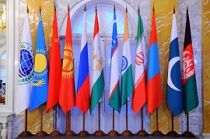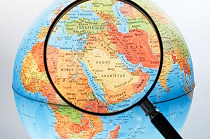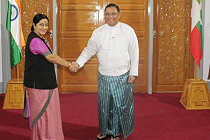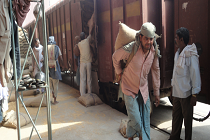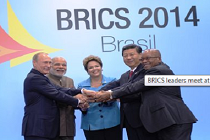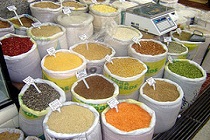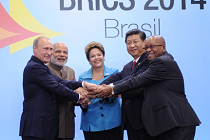Women, the UN and altered realities
It is evident that the UN’s institutions have lost their power to negotiate for justice. As the MDG programme draws to an end in 2015, its rhetoric must be replaced by new structures that recognise context-specific economic realities, and processes rooted in the knowledge of feminist groups all over the world




